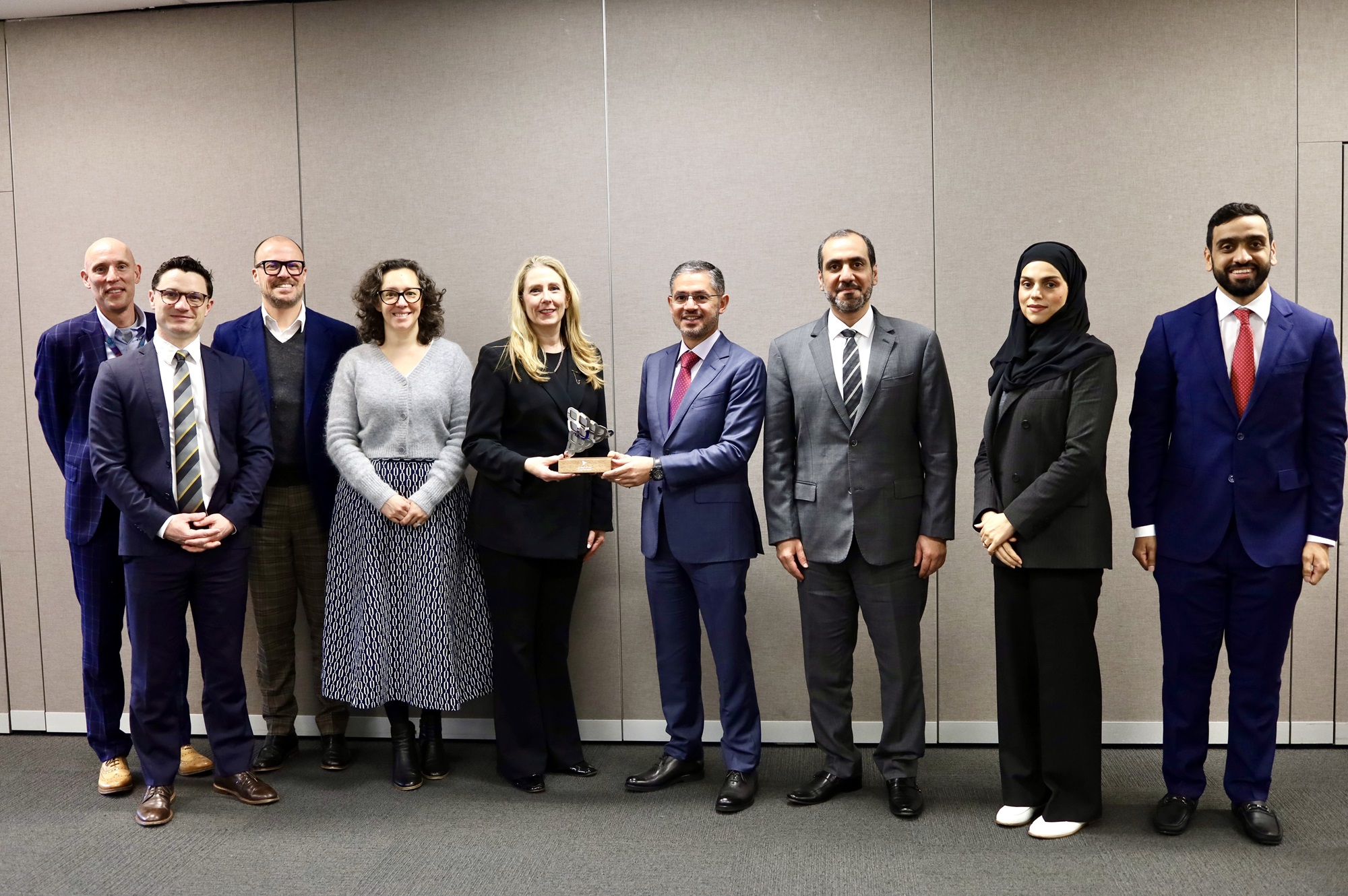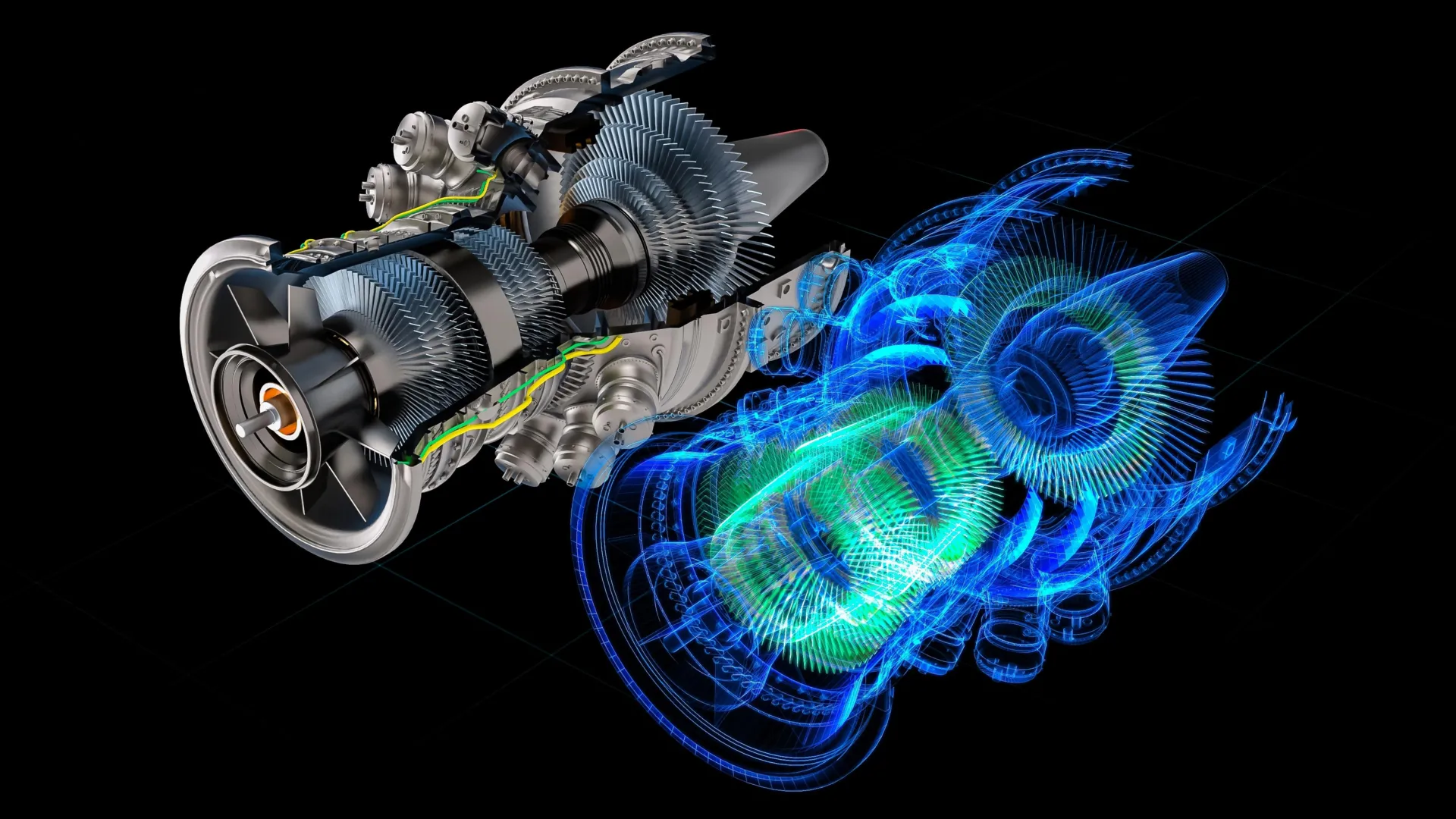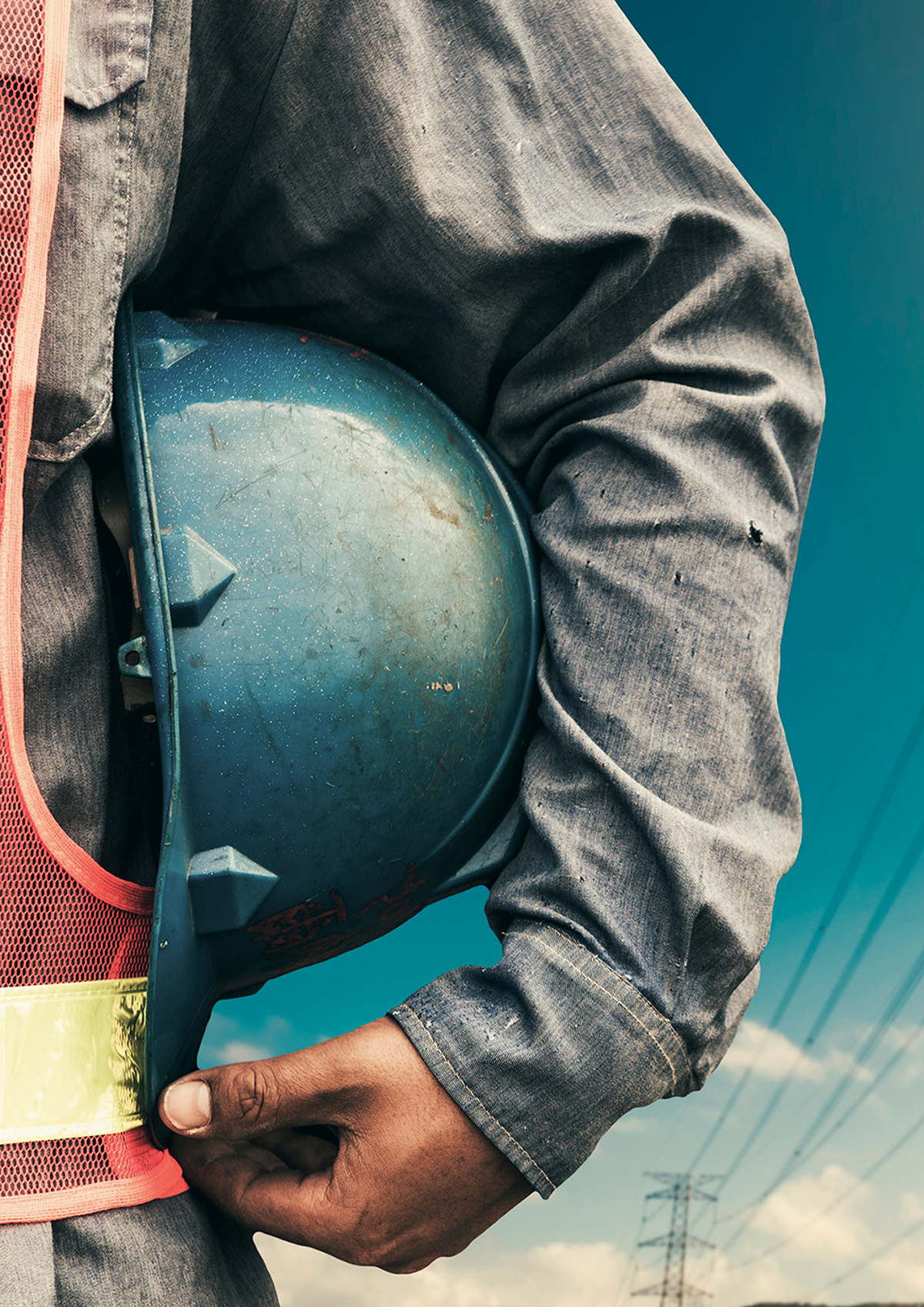- Study finds mRNA coronavirus vaccines prolonged life of cancer patients The Washington Post
- SARS-CoV-2 mRNA vaccines sensitize tumours to immune checkpoint blockade Nature
- How the COVID Vaccine Could Help Cure Cancer Medscape
- Cancer Patients…
Blog
-
Study finds mRNA coronavirus vaccines prolonged life of cancer patients – The Washington Post
-

Sony Xperia 1 VI now receiving Android 16
Sony’s yesteryear flagship – the Xperia 1 VI is now finally receiving its stable Android 16 update. Users across European markets, including the UK, are now receiving the Android 16 update, which features the 69.2.A.2.30 build number…
Continue Reading
-

Awqaf Abu Dhabi Explores Global Best Practices in Endowment Management During Australia Mission
News Desk
DUBAI: The Endowments and Minors’ Funds Authority (Awqaf Abu Dhabi) has successfully concluded a high-level mission to Australia,…
Continue Reading
-

The Importance of Minimalism in a Maximalist World
Fashion thrives on creative tension, and in particular on the pull exerted by the opposing forces of maximalism and minimalism. We’re still in a maximalist era, but that makes minimalism even more important — which helps to explain much of…
Continue Reading
-

Meteor Crater Impact May Have Triggered Ancient Floods in the Grand Canyon
Aerial view of the Grand Canyon. Image via Wikipedia. When it comes to famous holes in the ground, northern Arizona has two: Grand Canyon and Barringer Meteorite Crater.
New research now suggests that these famous depressions…
Continue Reading
-

Pakistan Eliminates TTP Commander Hafiz Gul Bahadur in Precision Strikes across Afghan Border
Pakistan Eliminates TTP Commander Hafiz Gul Bahadur in Precision Strikes across Afghan Border as part of a major counterterrorism operation conducted during the night of October 17–18, 2025. According to reliable intelligence…
Continue Reading
-
Pakistan spin lessons good for South Africa, says Markram – France 24
- Pakistan spin lessons good for South Africa, says Markram France 24
- Harmer’s six-for helps South Africa ease to series-levelling win ESPNcricinfo
- South Africa beat Pakistan to level series 1-1 PCB
- Pakistan v South Africa: Proteas draw series…
Continue Reading
-

Scientists forge “superalloy” that refuses to melt
High-temperature metals are essential for powering aircraft engines, gas turbines, X-ray systems, and other advanced technologies. Among the most heat-resistant are refractory metals like tungsten, molybdenum, and chromium, all of which have…
Continue Reading
-

A new era for the construction sector
This article was co-authored by Karim El Sayegh, Paralegal.
On 8 July 2025, the government of Dubai introduced Law No. 7 of 2025 Regulating Contracting Activities in the Emirate of Dubai (“the New Law”). This important piece of legislation will come into force on 8 January 2026, six months after its publication, and will govern all contracting activities and Contractors operating within the Emirate of Dubai, including those in special development zones and free zones, such as the Dubai International Financial Centre (DIFC).
The New Law represents a major step forward in how Dubai regulates its construction and engineering sectors. It establishes the framework for a supervisory hierarchy, with the Dubai Municipality (the “Municipality”) as the ultimate authority, below (or alongside) which sits the “Competent Authority” (i.e. “any other government entity legally competent to supervise and control any contracting activities in the Emirate”, along with the Municipality itself). There is also provision for the establishment of a “Committee for Regulating and Developing Construction Activities” (“the Committee”). Each of these authorities has specified competencies, tasks and powers. The New Law aims to establish a standardised, digital, and unified regulatory framework for all construction activities (e.g. construction, demolition, infrastructure, engineering). It provides a new framework for contractor registration, classification, and oversight, overseen by the Municipality, and aims to improve standards, promote transparency, and support Dubai’s sustainable development and investment confidence in the construction industry.
The New Law complements the existing laws and regulations related to building and planning, and is part of Dubai’s broader ambition to modernise and professionalise the sector, in line with international best practices.
Scope of application
The New Law applies to:
- all contractors working in the Emirate of Dubai; and
- to all contracting activities – including construction, demolition, engineering, roads, bridges, utilities, and more.
Importantly, it extends to contractors operating in free zones and special development zones (including the DIFC), closing previous regulatory gaps.
Only contracting activities related to airports and their associated infrastructure are specifically exempted. However, further exemptions may be granted by the Chairman of the Executive Council, acting on recommendations from the Committee.
The New Law comprises 29 Articles and sets out the foundational framework. Much of the detail on how the New Law will be implemented will come from regulations and decisions yet to be issued by the Committee or other Competent Authorities, such as the Municipality. In the meantime, existing regulations issued prior to the enforcement of the New Law (such as Dubai Local Order No. 89 of 1994 Concerning the Practice of Engineering Consultancy in the Emirate of Dubai (Order No. 89/1994) and Dubai Local Order No. 3 of 1999 Regulating Construction Works in the Emirate of Dubai (Order No. 3/1999)) will continue to apply until the issuance of substituting regulations, provided they do not conflict with the New Law.
Key features of the new law
While some of the provisions build on existing practices, the New Law consolidates and formalises them in a more structured and enforceable format. Notable features include:
Mandatory contractor registration
All contractors must be licensed and registered in a new central Register managed by the Municipality, and linked to the “Invest in Dubai” digital platform. Employers will be prohibited from engaging contractors not registered and classified in accordance with the law, and contractors will (as mentioned below) be prohibited from engaging in contracting activities outside the classification category assigned to them.
New classification system
Contractors will be assigned a classification based on their technical, financial and administrative capabilities. This classification will determine the nature and scope of the projects they are authorised to undertake. Contractors can apply to upgrade their classification by meeting enhanced requirements.
This classification system will build upon, and ultimately supplant, the existing framework under:
- Order No. 89/1994, in which engineering offices were classified into categories based on experience and specialisation; and
- Order No. 3/1999, which regulates the issuance of construction permits and addresses technical standards.
Professional competency standards
Contractors must employ a minimum number of qualified technical staff, each of whom must hold a “Professional Competency Certificate” issued by the Municipality.
Subcontractor and consortium (JV) regulation
The appointment of subcontractors is not prohibited, but will now be subject to approval by the Municipality or the Committee. Both the main contractor and subcontractor must be appropriately licensed and classified. For larger or more complex projects, contractors may form consortia or joint ventures, but all members must be registered and approved, and one must act as the group’s authorised representative.
Consortia and joint ventures were not previously regulated by Order No. 89/1994.
Recognition of turnkey projects
The New Law formally recognises “turnkey” projects, allowing contractors to undertake design, supervision, and execution under a single agreement. Turnkey projects are said to be subject to conditions which will be set out in future regulations issued by the Municipality.
Conduct and enforcement
A Code of Conduct and Ethics will be introduced. Contractors will be required to comply with applicable laws, avoid exceeding their approved scope or capacity, and notify the Municipality of any changes or incidents. Breaches may result in penalties, suspensions, downgrades, or even de-registration.
Establishment of a permanent oversight committee
The Committee is yet to be established, but when it is, it will proactively oversee implementation and propose further policies and regulations. It will also handle approval of all contracting activities, and the classification of Contractors. It is likely that this committee effectively replaces the Committee of Registration and Licensing established under the Municipality’s resolution No. 32 of 2006.
Compliance timetable
The New Law will take effect on 8 January 2026. All contractors must regularise their status within one year; that is, by 8 January 2027.
This includes completing registration on the new system, complying with classification requirements, and ensuring all technical staff are properly certified. The Committee, or the Municipality, may extend this deadline, but contractors are strongly encouraged to act early.
Achieving compliance
Contractors should begin preparations without delay. All contractors must:
- Hold a valid commercial licence issued by the appropriate authority;
- Register on the Municipality Register;
- Ensure all technical employees hold a valid Professional Competency Certificate;
- Follow prescribed standards and maintain accurate and current records;
- Ensure subcontracting and consortium arrangements comply with the new legal framework.
Enforcement and penalties
The New Law introduces a clear enforcement regime:
- Fines ranging from AED 1,000 to AED 100,000 as determined by the Chairman of the Executive Council, on the recommendation of the Committee. Repeat violations can see fines rising to AED 200,000.
- Suspension of the contractor’s licence, or construction activities, for up to one year
- Downgrading of the Contractor’s classification;
- Cancellation of the Contractor’s registration (rendering it unable to trade);
- Deregistration of technical staff and/or cancellation of competency certificates.
The Municipality will retain a right to inspect premises and project sites, seize and review records and enforce penalties.
Market impacts and broader consequences
The New Law is intended to bring significant change to Dubai’s construction landscape:
Higher standards, fewer risks
With stronger classification and competency requirements, the law aims to reduce unsafe practices, technical failures, and project delays. Over time, this should also help curb disputes and improve project delivery.
Enhanced professionalisation and market consolidation
Tighter regulation may raise barriers to entry, particularly for smaller or informal contractors. Some may struggle, ultimately exiting the market, merging, or being absorbed, leading to greater consolidation and a more competitive, professionalised sector.
Increased costs, greater predictability
While compliance may increase operational costs in the short term, the resulting standardisation and oversight should deliver longer-term benefits in terms of reliability, safety, and investor confidence.
Digital transformation and transparency
Integration with the “Invest in Dubai” platform will streamline approvals, allow for performance tracking, and simplify due diligence. Employers and developers will have more data to assess contractor capability before awarding work.
Alignment with global best practice
The New Law represents a further shift toward internationally recognised standards in respect of credentialing, licensing and transparency, and should enhance Dubai’s reputation as a world-class construction hub.
What contractors should do now
Immediate steps (within Rectification Period)
- Review your current registration, classification, and technical workforce;
- Submit necessary declarations if your licence expires during the transition;
- Engage with the Municipality to begin the registration process.
Organizational readiness
- Update internal HR systems;
- Review subcontracting practices;
- Prepare for new record-keeping and compliance protocols;
- Begin drafting or revising joint venture or consortium agreements, where applicable.
Final thoughts
The New Law marks a new chapter in the governance of contracting activities in Dubai. It consolidates existing frameworks, introduces new safeguards, and sets a clear path for regulatory modernisation; a significant evolution in the governance of construction activities in Dubai. While it presents initial compliance burdens, particularly for small and mid-sized contractors, it ultimately lays the groundwork for a more professional, reliable, and scalable construction sector.
For contractors, the message is clear: prepare now. Those who act early and invest in compliance will not only reduce risk but also position themselves to thrive in an increasingly structured and competitive market.
This reform comes at a time when Dubai’s project pipeline is expanding through ongoing residential and mixed-use builds, repurposing legacy developments, green building initiatives, and large-scale infrastructure and development projects, under the 2040 Urban Master Plan. The New Law will likely have the overriding effect of ensuring that only competent, well-structured contractors are awarded critical work, thus reducing the risk of delay and overspend.
Continue Reading
-

Ancient water in protoplanetary disk is older than its star
An artist’s impression of the V883 Ori planet-forming disk, along with some early comets. New results from the ALMA radio telescope revealed ancient water in the protoplanetary disk around its star. This shows it originated from the molecular… Continue Reading